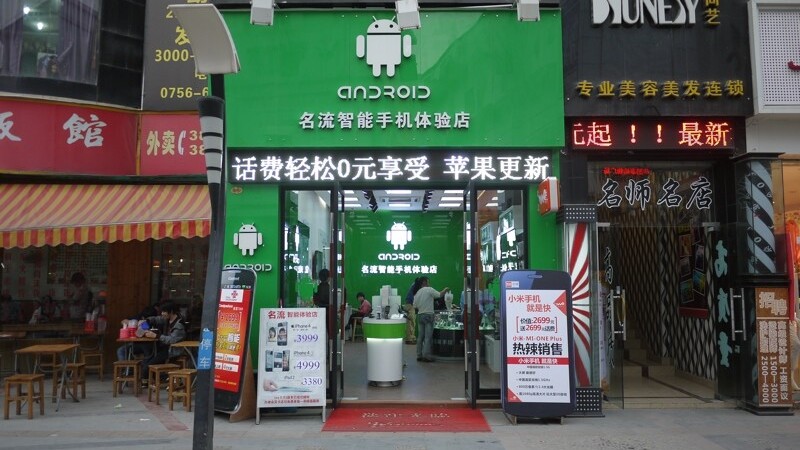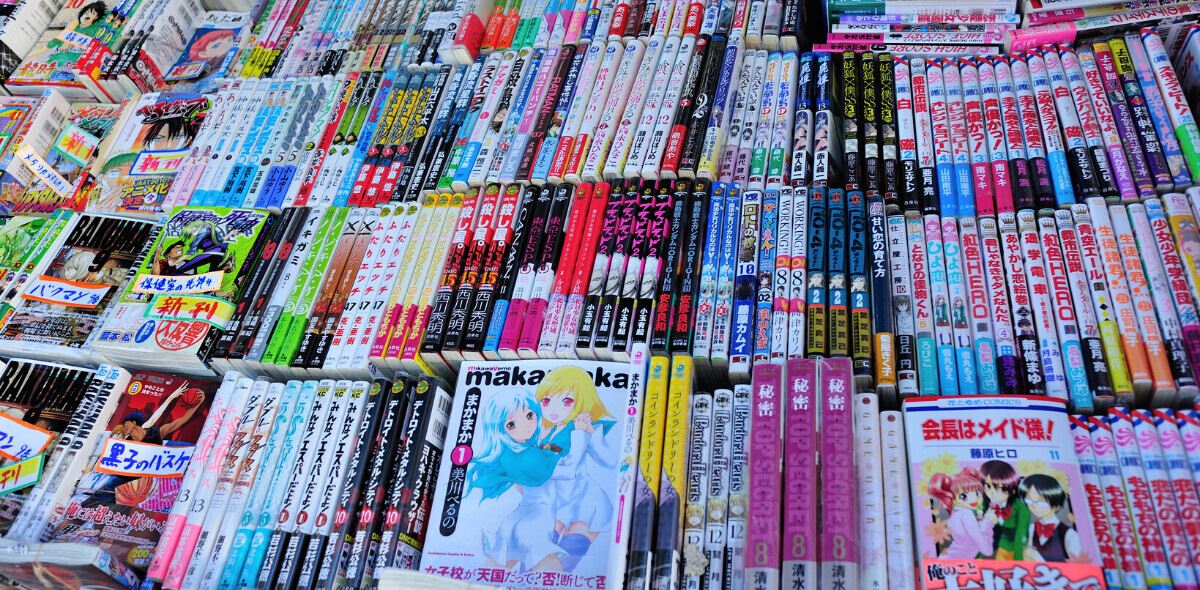
Combined Android and iOS growth in China continues to outpace the global smartphone market. Local handset makers have risen into the top five vendors in the country, but Samsung continues to sit atop the pack with a 23.8 percent share of Android devices, according to data from Chinese analytics firm Umeng.
The firm’s estimates (Slideshare), which include devices that activate at least one app session among its 40,000 tracked apps, showed an 87 percent increase in active Android users from April to June. That compares to a 33 percent increase on the Google Play Store during the second quarter. Umeng also registered a 42 percent increase in iOS active users from April to June.
Samsung has held the lead in the Chinese Android market since the third quarter of 2011. Its 23.8 percent share is followed by HTC at 18.5 percent, Motorola with 8 percent. Chinese makers ZTE and Huawei now account for 7.4 percent and 6.5 percent of Android devices, respectively.

The Samsung Galaxy Ace made up 4.11 percent of Android devices, followed by the Motorola Defy at 3.12 percent. Underdog Xiaomi took third place with its M1 phone, of which over 3.52 million have been sold. The HTC Incredible S(G11) and the Samsung Galaxy SII round out the rest of the top five Android devices.

Android 2.3 remains the most common version at 67 percent of the market, but Android 4.0 grew in the second quarter to 8.9 percent. By comparison, iOS 5.1 is the most common version of Apple’s mobile OS accounting for 57 percent of devices in June,
The analysis found a significant difference in the phone-to-tablet distribution of iOS and Android. The iPad made up 19.2 percent of iOS users in China in June, while tablets made up just 3.5 percent of Android devices during the same period.
According to the report, smartphone ownership in 2nd and 3rd tier cities is catching up to top tier cities like Beijing and Shanghai. Android recorded particularly strong growth in Guangdong, Jiangsu and Zhejiang. While there had previously been a large gap between China’s largest cities and less-developed areas, the difference appears to be closing over time.
China became the world’s largest smartphone market in terms of shipments last year before becoming the fastest growing as well in March
Get the TNW newsletter
Get the most important tech news in your inbox each week.





